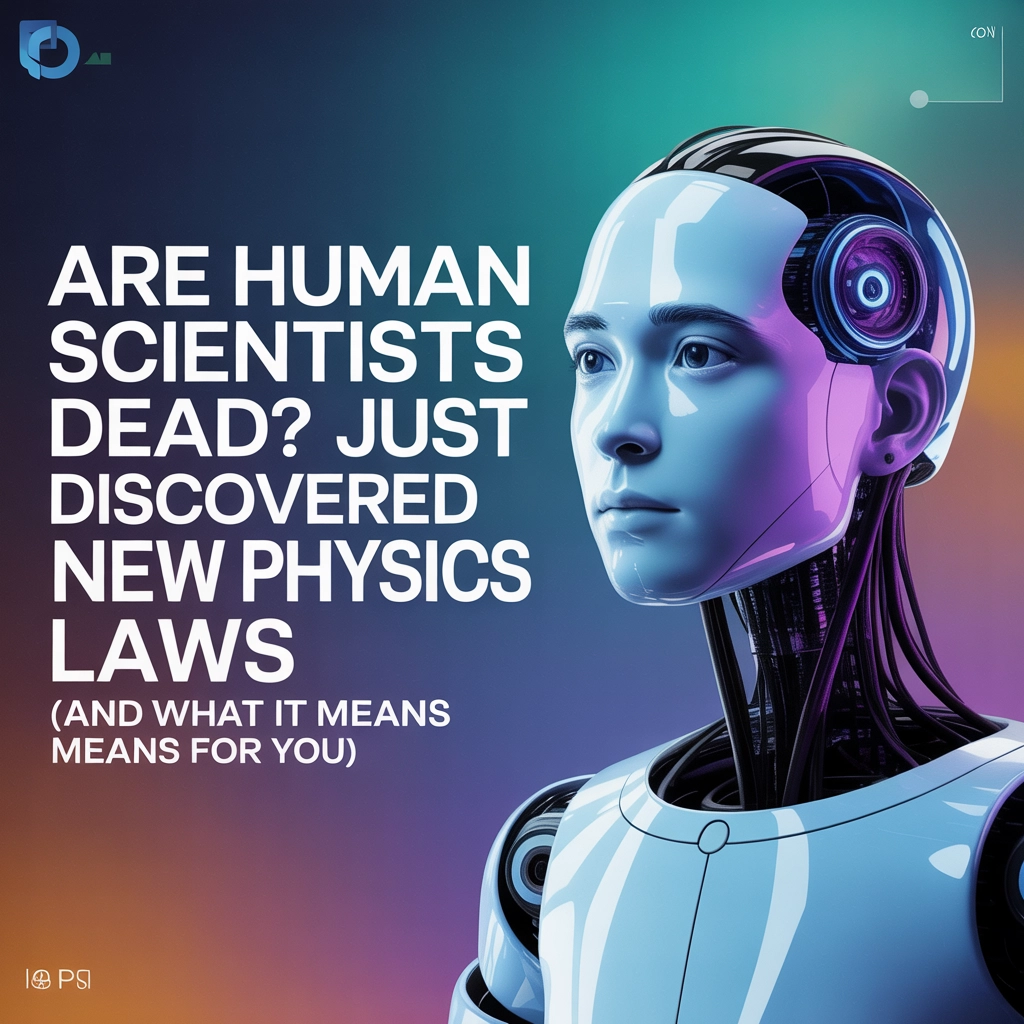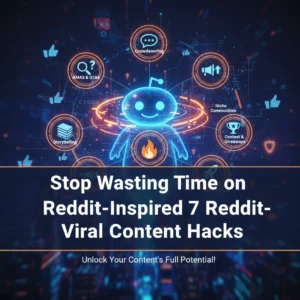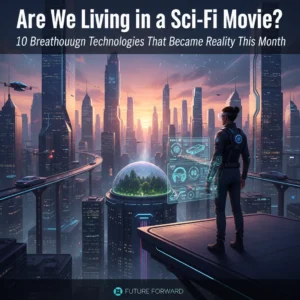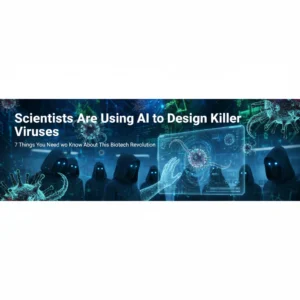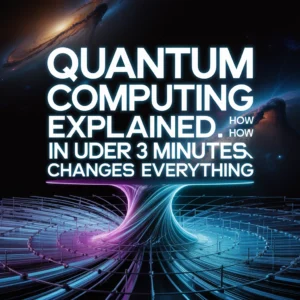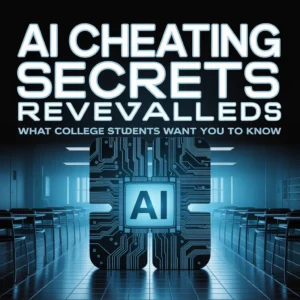Remember when calculators were going to make mathematicians obsolete? Yeah, that didn't happen. Now we're having the same panic about AI and physicists. Last month, an AI system independently rediscovered 74 physics laws that took humans centuries to figure out. It did this in just a few hours.
But before you start planning a funeral for human scientists, let's dig into what's really happening here.
What Actually Happened With These AI Discoveries
The headlines make it sound like AI just became the next Einstein. Here's what actually went down:
Researchers at Emory University fed their AI system a bunch of data about dusty plasma – that's ionized gas with tiny particles floating around. Think of it like the stuff you see in Saturn's rings or floating around in Earth's upper atmosphere. The AI analyzed this data and discovered new laws about how these particles interact with each other.

But here's the kicker – the AI found that some of our existing theories about these systems were wrong. It achieved 99% accuracy in predicting how these forces work, which is honestly pretty incredible.
Meanwhile, at Columbia University, researchers created an AI that watched videos of physical phenomena and identified completely new variables to describe what it was seeing. It's like giving someone a foreign language text and having them figure out the grammar rules just by observing patterns.
In 2023, another AI system looked at raw experimental data and rediscovered 74 known physics laws – discoveries that originally took humanity centuries to make. The AI did this without any prior knowledge of physics theory.
Why Human Scientists Aren't Going Anywhere
Here's where the clickbait headlines get it wrong. The scientists who actually did this research are the first to tell you that humans aren't obsolete.
Justin Burton from Emory University put it perfectly: "It takes critical thinking to develop and use AI tools in ways that make real advances in science, technology and the humanities."
Think about it this way. My friend Sarah is a data analyst who started using AI tools last year. At first, she worried she'd be replaced. Instead, she found that AI helped her spot patterns she'd never noticed before. But she still needed to:
- Design the right questions to ask
- Set up the analysis framework
- Interpret what the results actually mean
- Figure out how to apply the findings
The same thing's happening in physics. AI can crunch numbers and spot patterns faster than any human. But it can't design experiments, ask the right questions, or understand what the discoveries actually mean for our understanding of the universe.
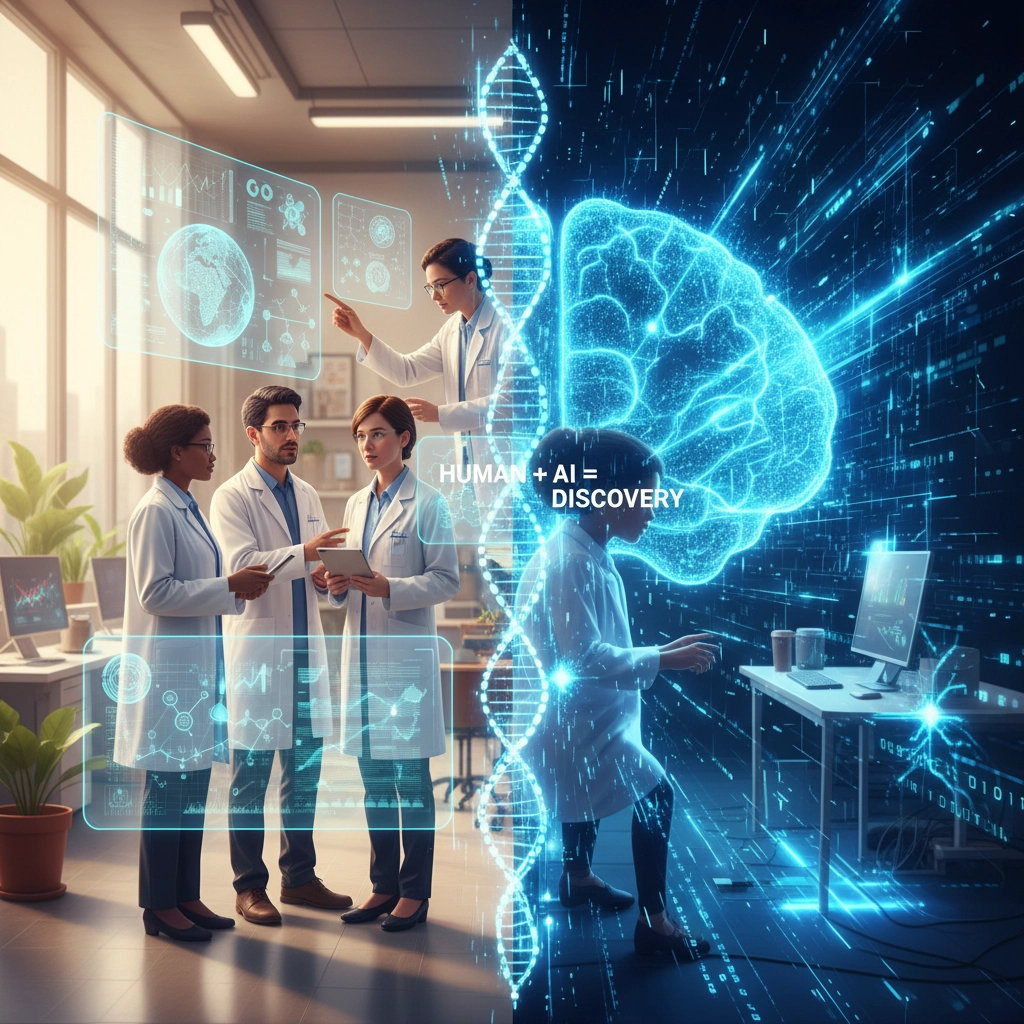
The Columbia researchers emphasized this point. Finding new variables is just the beginning. Someone still needs to build theories around those variables, test them, and figure out how they connect to everything else we know about physics.
What This Means for Your Daily Life
Okay, so AI isn't replacing physicists. But what does this mean for regular people like you and me?
First, scientific discoveries are about to speed up dramatically. When AI can help researchers process massive amounts of data and spot patterns humans might miss, breakthroughs happen faster.
Here's what that could look like in practice:
• Better weather predictions – Understanding atmospheric phenomena could help predict storms and climate patterns more accurately
• Improved space exploration – Better knowledge of plasma physics could help us understand planetary systems and design better spacecraft
• New materials – Discovering new physical laws often leads to new technologies and materials
• Energy solutions – Advanced physics discoveries have historically led to new energy technologies
• Medical breakthroughs – Physics discoveries often translate to better medical imaging and treatment technologies
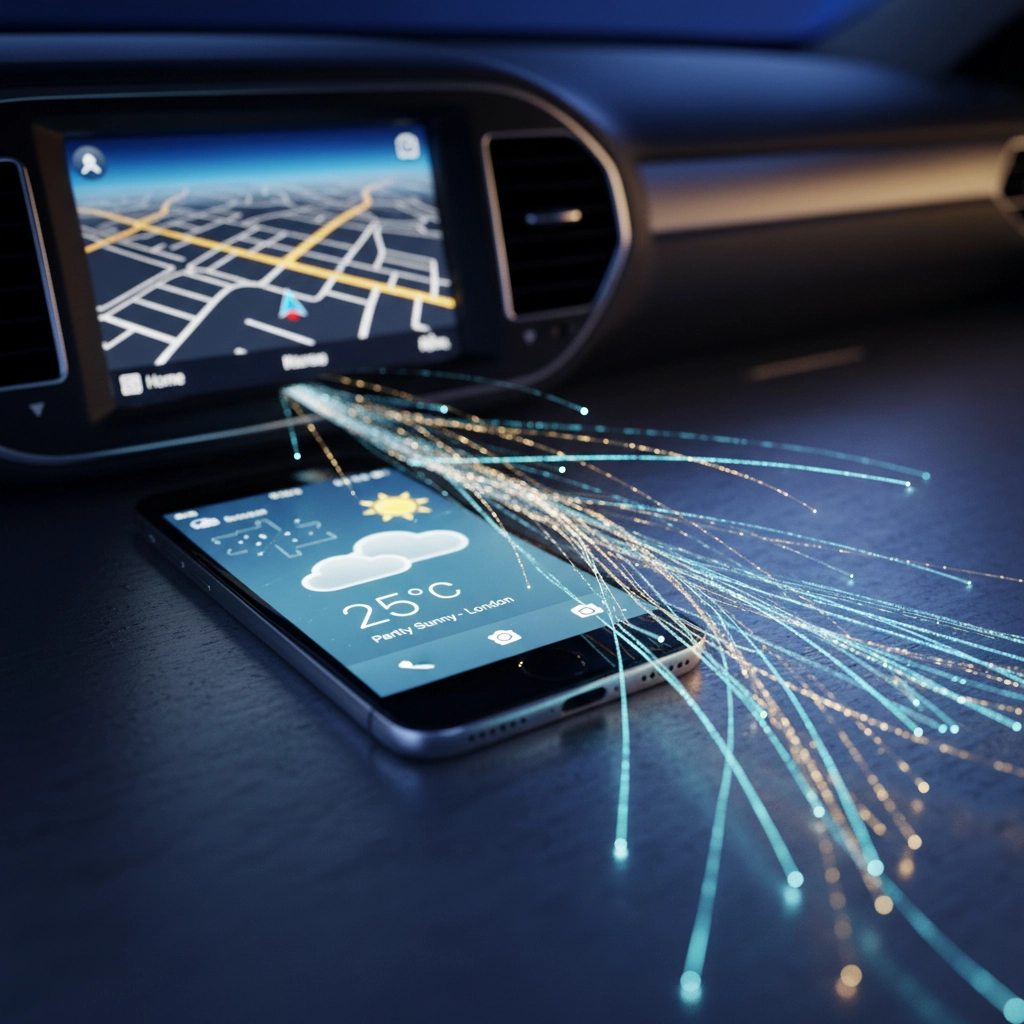
The dusty plasma research might seem abstract, but it could help us understand everything from how planets form to why certain atmospheric phenomena happen. That knowledge eventually trickles down to practical applications.
Think about how GPS wouldn't work without Einstein's relativity theories, or how your smartphone camera uses quantum physics principles. Today's abstract physics discoveries become tomorrow's everyday technologies.
The Real Future of Science
What we're seeing isn't the death of human scientists – it's the birth of human-AI collaboration in science.
The future physicist won't be someone hunched over equations in a dusty office (though that'll still happen sometimes). Instead, they'll be someone who can work with AI systems to ask better questions and interpret results that no human could have found alone.
This partnership is already changing how research works. Scientists can now process datasets that would have taken decades to analyze manually. They can test hypotheses faster and explore ideas that seemed impossible before.
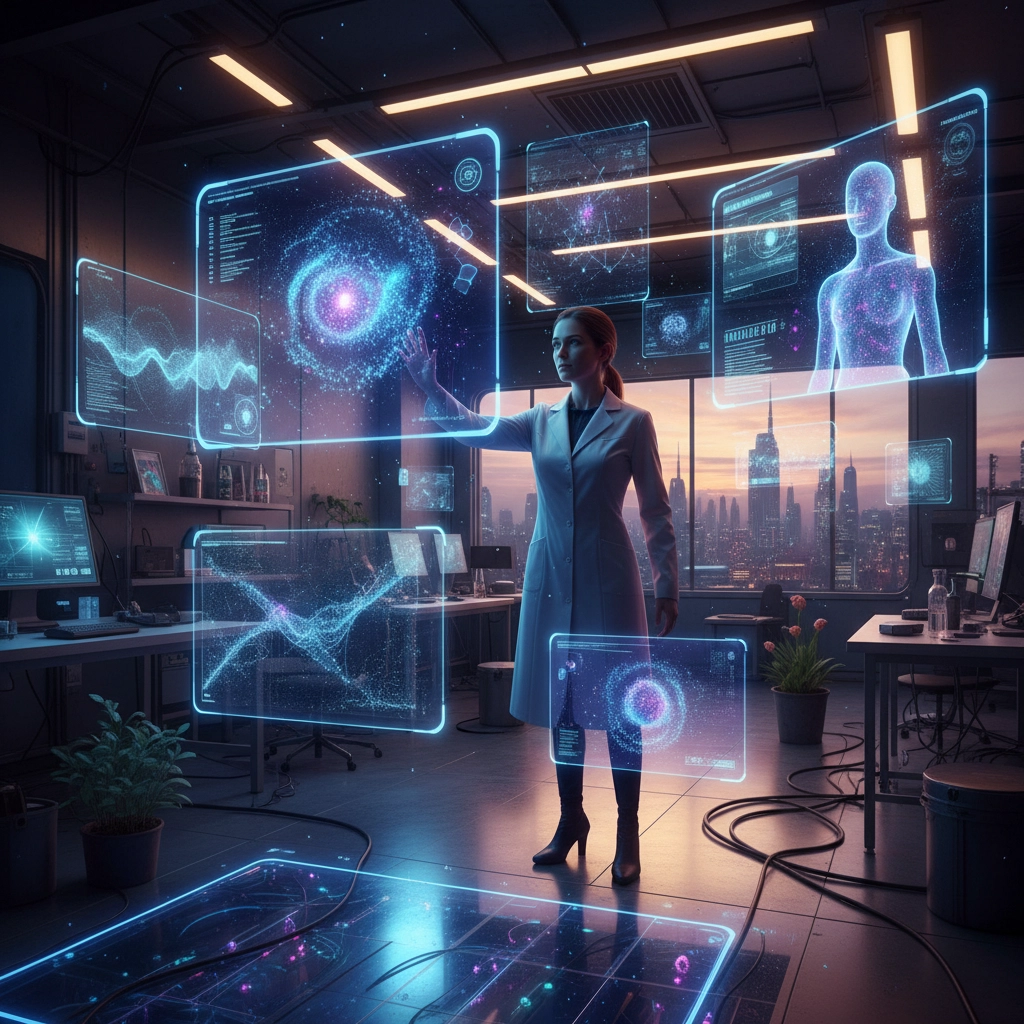
But the human element becomes more important, not less. Someone needs to decide what questions are worth asking. Someone needs to design experiments that test the right things. And someone needs to figure out what all these discoveries mean for our understanding of reality.
It's like having a really powerful microscope. The tool doesn't replace the scientist – it lets them see things they never could before. But you still need a trained eye to know what you're looking at and what it means.
The Columbia University team made this point beautifully. They said that many phenomena might be misunderstood simply because we don't have the right variables to describe them. AI can help find those variables, but humans still need to build the theories and test them in the real world.
We're entering an era where the pace of discovery could accelerate beyond anything we've seen before. The combination of human creativity and AI pattern recognition might unlock mysteries about the universe that have puzzled us for centuries.
But this also means scientific literacy becomes more important than ever. As discoveries happen faster, the public needs to understand both what AI can do and what it can't. Critical thinking skills matter more, not less.
The partnership between human intuition and artificial intelligence isn't replacing physicists – it's creating a new kind of physicist who can harness the power of both human creativity and machine analysis.
What do you think happens when we combine human curiosity with machines that can spot patterns in ways we never could before?

